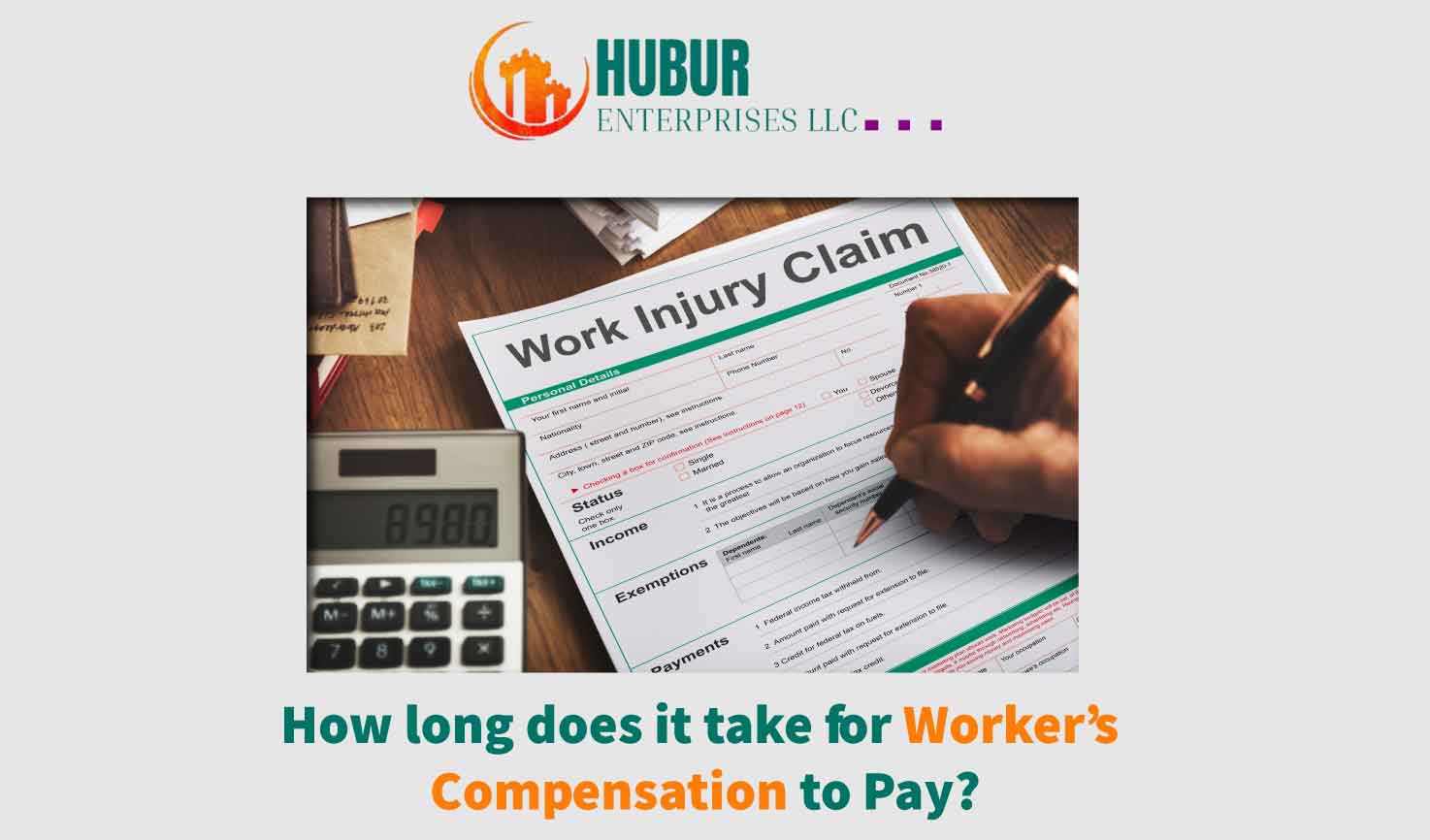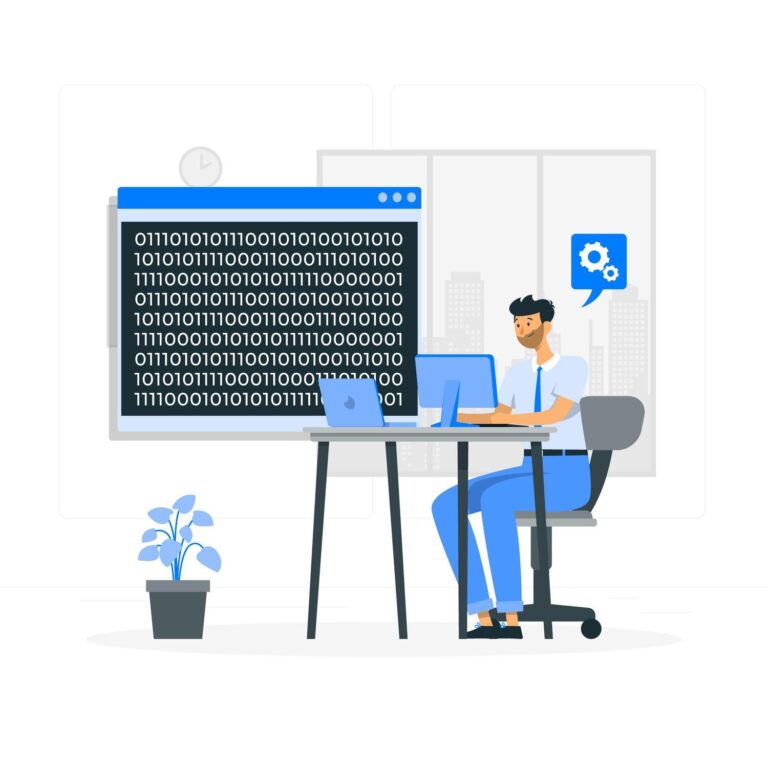
How Long Does It Take for Workers Comp to Pay?
If you’ve recently suffered a workplace injury, you’re likely wondering, how long does it take for workers comp to pay? The answer isn’t straight forward. The timeline can vary due to several factors, including the complexity of your claim, state regulations, and how efficiently your employer’s workers compensation insurance carrier processes it.
Here’s a guide to what to expect and how you can take steps to expedite your workers’ comp payments.
Understanding the Workers Comp Timeline
The workers comp process California starts with prompt action. If you’re injured, it’s essential to inform your employer right away, as delays in reporting can slow down the process. The faster you notify them, the sooner they can initiate your claim with their California workers comp insurance carrier.
Typically, the payment for temporary disability benefits, which helps replace a portion of your lost wages during recovery, arrives within two to four weeks after the claim is approved.
But how quickly you see benefits depends on several steps and details specific to your case and location.
The Initial Claim Process
- Report the Injury: Immediately report the incident to your employer.
- Seek Medical Attention: Visit a workers compensation doctor, or a workers comp chiropractor, if chiropractic care is recommended.
- File the Claim: Either you or a designated representative, like your employer, will submit the claim to the insurance carrier.
Factors That Affect Payment Time
The question of how long does it take for workers comp to pay is influenced by several factors:
- Complexity of the Claim: Straightforward claims process faster than those involving disputed liability or complex injuries that require ongoing medical assessments.
- Insurance Carrier Efficiency: Some insurance carriers handle workers compensation settlements California more efficiently, while others may take additional time.
- State-Specific Regulations: Regulations like California workers compensation rates and specific filing guidelines affect the timeline for receiving benefits.
- Medical Treatment Duration: The complexity of your medical treatment—whether you need workers comp physical therapy, workers compensation chiropractic care, or specialized medical assessments—can impact the timing.
Additional Considerations
- Permanent Disability Benefits: If your injury leads to a permanent disability, your payment timeline may be extended as eligibility is assessed.
- Vocational Rehabilitation: In cases where an injury prevents you from returning to your previous role, vocational rehabilitation services may be offered to help you secure new employment.
- Legal Assistance: If you encounter delays, disputes, or complications with your claim, a workers compensation attorney can advocate for your rights, helping you receive the benefits you deserve.
Seeking Chiropractic Care and Specialized Services
For many work-related injuries, chiropractic care is a critical treatment option. It can help alleviate neck pain, back pain, headaches, muscle strains, and joint pain. A workers comp chiropractic specialist understands the system and can tailor treatments for injuries covered by workers compensation. To ensure proper treatment, it’s advisable to seek a workers comp chiropractor near me who is experienced in managing workplace injuries.
Other services may include California court certified interpreters for multilingual needs, certified medical interpreter support, or a certified interpretive guide to assist non-English speakers through complex medical or legal aspects of workers comp.
At Hubur Enterprises LLC, we understand the importance of managing workers comp claims efficiently. Our team is experienced in helping clients navigate the workers comp process California, providing the support needed for timely payments and access to qualified healthcare providers.
Conclusion
In most cases, how long does it take for workers comp to pay? Payments can start within a few weeks, but the timeline varies based on the claim’s details and complexity. Being proactive in communicating with your employer and healthcare provider, and consulting legal assistance if needed, can significantly smooth the process. With support from specialized professionals—such as workers compensation doctor, certified medical interpreter, and family medicine versus internal medicine practitioners—workers comp provides vital support when injuries disrupt daily life.
Understanding and navigating this process efficiently is key to receiving timely and fair compensation, book us now or contact us at contact@huburllc.com, allowing injured employees to focus on recovery with peace of mind.
Frequently Asked Questions
How long does it take for workers comp to pay?
Once approved, initial payments generally arrive within 14 to 21 days, but the timeline can vary depending on claim complexity and documentation requirements.
How does workers comp work in California?
Workers who experience work related injuries are benefited from the workers comp system in California. The process typically involves injury reporting, medical evaluation, and claim filing through the employer’s insurance carrier. California mandates a 90-day review period for insurance companies to process the claim.
How long can I be on workers comp in California?
The benefits associated with temporary disability or injury are usually available for up to 104 weeks. In cases involving severe injuries, benefits may extend up to 240 weeks within a five-year period from the date of injury.
Can you collect unemployment and workers comp at the same time?
In specific cases, such as when an injured worker has restrictions preventing a return to previous roles, collecting both may be possible. However, state laws and the nature of the injury will determine this.
Do I have to pay back workers comp?
Workers comp repayments may apply if a claimant receives overlapping benefits or if there are disputes during the claim process. Your attorney or legal advisor can help clarify these scenarios based on your case.
Can I receive California state disability along with workers comp?
Yes, but not for the same injury or condition. Workers comp is typically used for work-related injuries, while state disability benefits apply to non-work-related conditions.



